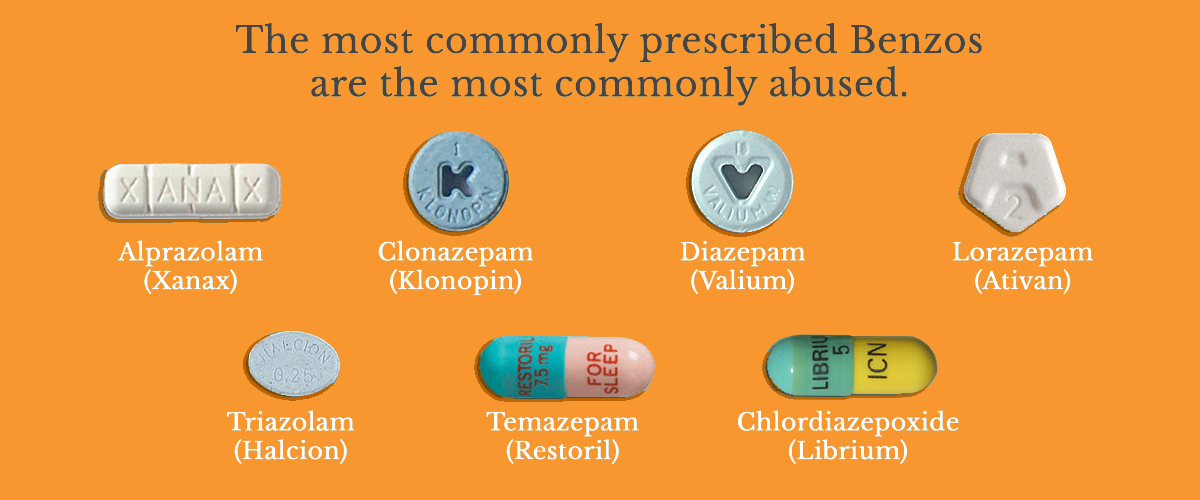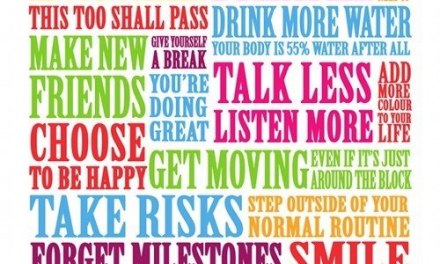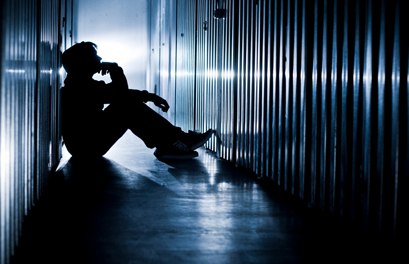…or as it’s better known, Benzodiazepine Withdrawal Syndrome. The New York Times featured a long and informative article on the subject just last week. Here’s an archive link:
When They Couldn’t Get Benzos Anymore, Quitting Was Torture
The story begins with a woman who had been maintained on Xanax for anxiety over a period of 20 years. She ran into problems when her physician died and she was forced to find another willing to continue the prescription. At one point, she consulted a psychiatrist who, she claims, “yelled” and then “ripped” her off the drug.
That sounds pretty dramatic, but I’m sure that’s how it felt to her at the time.
No mention of how much Xanax she was taking on a daily basis, but it’s a short-acting benzo, unlike Valium or Librium, and withdrawal symptoms would’ve presumably hit quick, and in her case, hard.
As for why benzodiazepines had become so popular in the first place, they were a replacement for barbiturates in the wake of high-profile fatalities related to barbiturate overdose – suicides (Marilyn Monroe), as well as unintended fatalities (Judy Garland, Jimi Hendrix, Dinah Washington, and the Beatles’ manager, Brian Epstein, among them).
Benzos were safer —- a patient who took too much would probably just fall asleep. Doctors breathed a sigh of relief.
Don’t forget, anxiety disorders are the most common mental health disorders— close to 20% of the adult population in the US qualify at one point or another. A huge number.
People addicted to alcohol, stimulants, opioids, etc., often turn to benzodiazepines to self-medicate their withdrawal symptoms, so the influence of BZ use can be overlooked. BZ withdrawal, however, can substantially complicate the clinical picture. Detox from alcohol or heroin, for instance, might require extra days in treatment or additional medication to control symptoms.
When a patient has been maintained on benzos long-term, withdrawal can be much more complex, coming as an almost complete surprise to the patient. As one woman explain her history: “I had been anxious after a difficult birth, and the hospital doctor prescribed it, and my own doctor just continued it. He might have wanted to stop me from calling him at home,” she joked. Possibly.
As the article suggests, physician attitudes towards benzodiazepine use seemed to change around 2016. I imagine the prescription drug epidemic was a factor. The shift was fairly dramatic: in some areas, it was as if a hammer had come down on benzo prescriptions, regardless of reason.
That seems to have lifted a bit. Benzos do remain a remarkably safe and effective remedy for anxiety, provided the physician carefully monitors the prescription, and the patient engages in therapy, rather than relying solely on the medication.
Good advice, so long as it’s followed.













